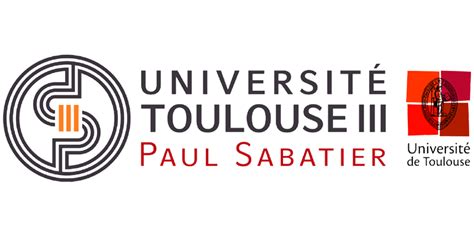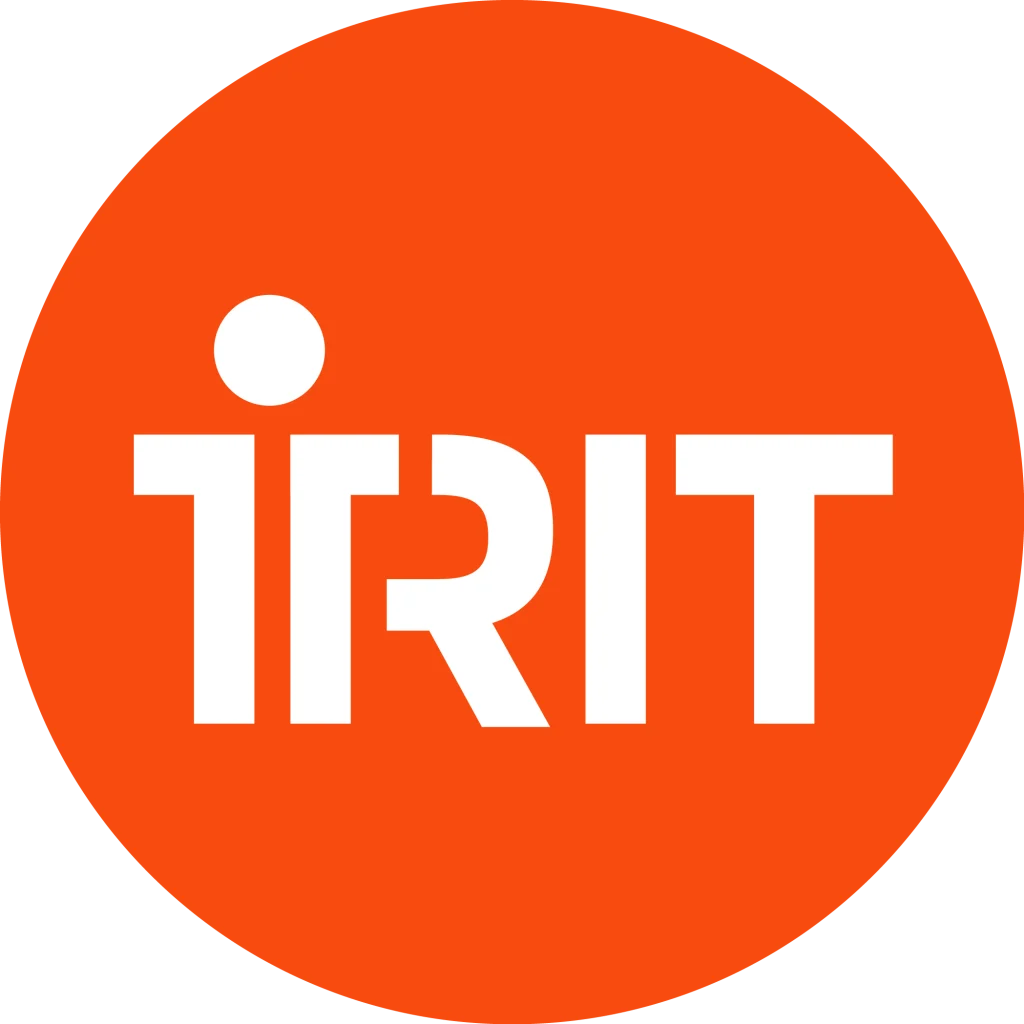Member highlight: Luciana Majercsik – UNITBV, Brașov (Romania)
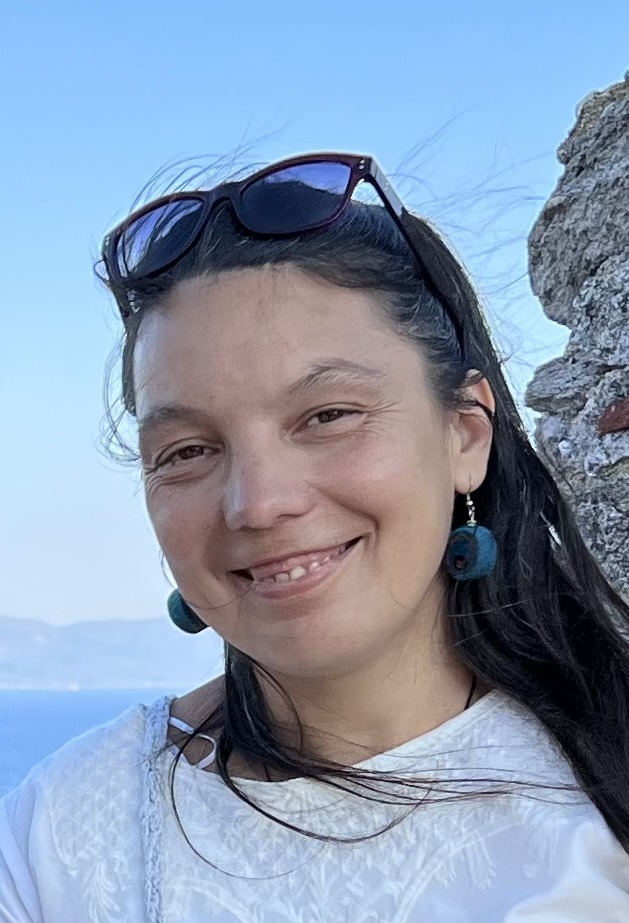
Luciana Majercsik is a lecturer at Transilvania University of Brașov, within the Faculty of Mathematics and Informatics, Department of Mathematics and Informatics. She graduated with a bachelor’s degree in mathematics and informatics from the University of Bucharest and obtained her PhD in Informatics in September 2024 from Transilvania University of Brașov, defending a thesis entitled “Incremental Methods in Dynamic Networks.“
Before joining Transilvania University of Brașov, she taught at the Technical University of Civil Engineering of Bucharest (UTCB). While teaching at UTCB and Transilvania University of Brașov, she was involved in several research projects such as MALog, IGUAL, TARD, Codewitz, COST CA18232, IMPROVE and currently AI4AGRI.
She has co-authored scientific books and research papers in algorithms, applied mathematics and optimization. Her research focuses on graph algorithms, dynamic networks, artificial intelligence, mathematical modelling, and Earth observation applications, exploring how AI-driven methods can be applied to evolving networks and environmental monitoring.
She is currently a member of the AI4AGRI – Romanian Excellence Center on Artificial Intelligence on Earth Observation Data for Agriculture.
News
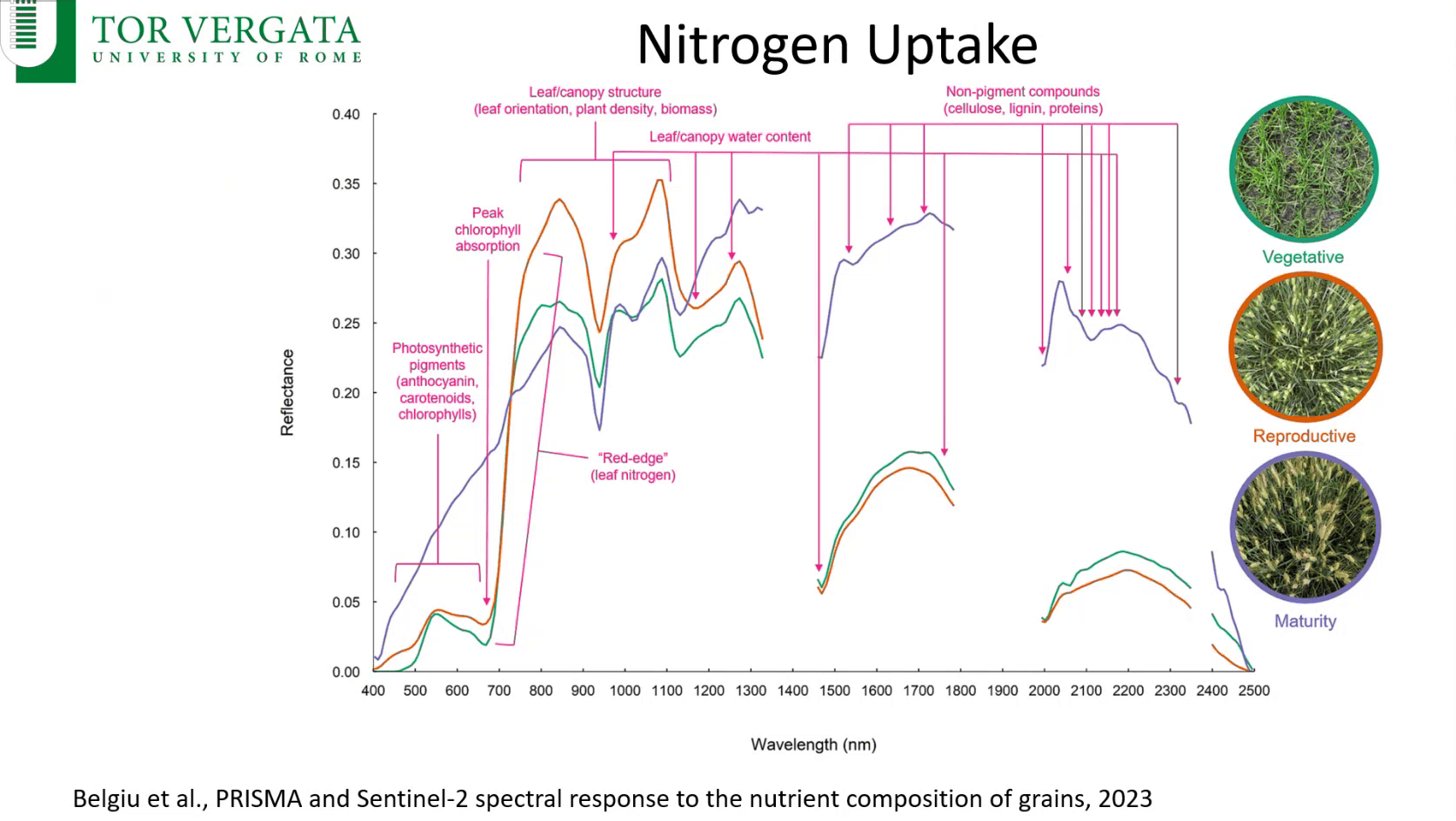
Prof. Fabio Del Frate’s seminar: PRISMA-based applications in agriculture and the AI4AGRI project
📅 Fri. 14 February – 14:00 (Fr/It time) | 15:00 (Ro time)
📍 online
Prof. Fabio Del Frate, from the AI4AGRI project, presented an overview of hyperspectral data, its applications in agriculture and how the PRISMA satellite can provide high quality data for precision agriculture. He discussed the challenges posed by high-dimensional data and the need for dimensionality reduction techniques, presented the advantages of hyperspectral imagery for agricultural tasks such as soil organic carbon estimation, nitrogen uptake, forest/crop classification and crop disease detection. Finally, he presented the AI4AGRI project, its objectives, partners as well as the research and education benefits of working in a European project.
AI4AGRI Upcoming Events
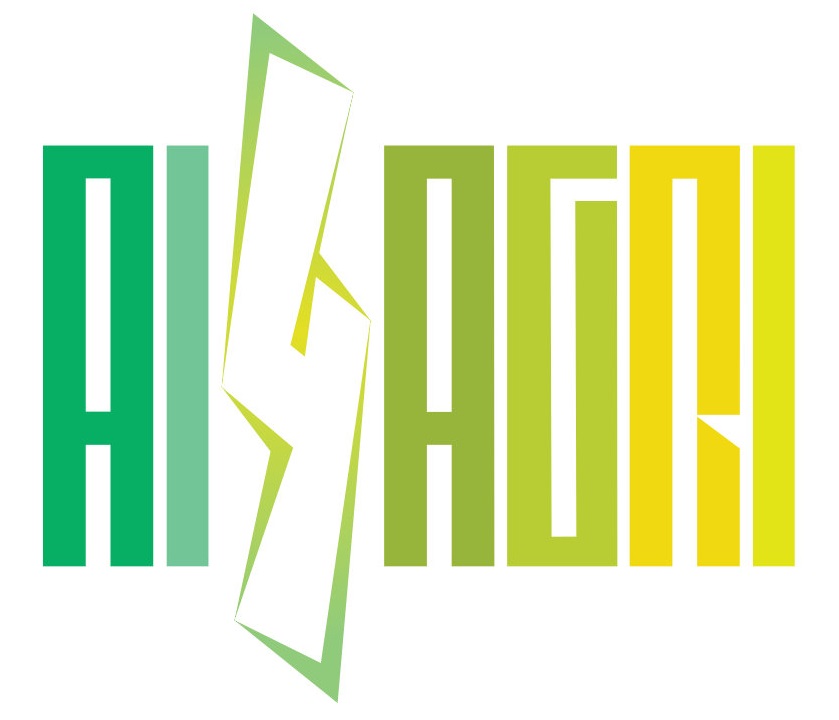
Next AI4AGRI Monthly meeting
📅 Fri. 21 March – 14:00 (Fr/It time) | 15:00 (Ro time)
Related Upcoming Events

Call for participation: AI4AGRI Summer School 2025: EO Big Data for Agriculture
📅 Mon. 14 – Sat. 19 July 2025
📍 Brașov, Romania
The AI4AGRI summer school is planned to take place between 14-19 July 2025 in Brasov, Romania, being hosted by the R&D Institute of Transilvania University of Brasov.
Participation to the AI4AGRI Summer School 2025 is for free and it will be face-to-face (in person). The organization and participation costs, including catering, are paid by the AI4AGRI project, however the AI4AGRI project will not cover for the travelling and other mission-related costs.
Application deadline: Monday 31st March 2025.
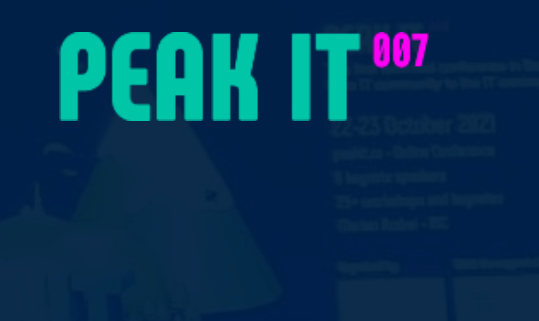
Peak IT 007: The first technical conference in Brașov from the IT community to the IT community.
📅 Thu. 3 – Fri. 4 July 2025
📍 Brașov, Romania
The PeakIT 007 conference, organized by the AgileHub NGO, will take place on April 3rd–4th, 2025, in Brașov, Romania. The event will bring together IT professionals to discuss emerging technologies and research.
Mihai Ivanovici will present the AI4AGRI project, highlighting its challenges and solutions in applying artificial intelligence to Earth observation for agriculture. His talk will include a live demonstration.
More details:
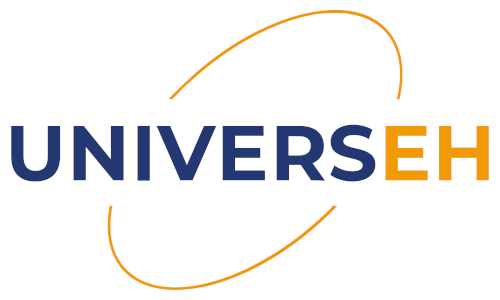
Call for Contributions: UNIVERSEH PhD Workshop on AI and Space (online)
📅 Tue. 3 – Wed. 4 June 2025
📍 online
“We are excited to announce the upcoming multidisciplinary PhD Workshop on AI and Space, organized by Heinrich Heine University Düsseldorf and the University of Toulouse Jean Jaurès within the framework of the European University Alliance UNIVERSEH (European Space University for Earth and Humanity). The workshop will take place on June 3-4 2025 (online) and is open to PhD students from all disciplines researching Space-related topics.
Day One will offer a general introduction to AI, followed by an introduction to the intersection of AI and Space, providing a comprehensive foundation for researchers from diverse backgrounds.
Day Two will focus on Earth Observation and its applications across different research disciplines, exploring how AI technologies are advancing our understanding of the planet.
Don’t miss this opportunity to engage with cutting-edge topics at the crossroads of AI and Space!
Further details on the program and registration will follow shortly!”
Source: Call for contribution and preliminary agenda – AI PhD workshop – UNIVERSEH
This workshop will involve members of AI4AGRI:
- Josiane Mothe from University of Toulouse: Introduction to AI & Space
- Fabio Del Frate from University Tor Vergata: Earth Observation applications
Please send your submissions to universeh@univ-tlse2.fr to participate in the PhD Workshop on AI and Space.
Latest AI4AGRI Publications
AI4AGRI members are working on new publications.
Related Publications
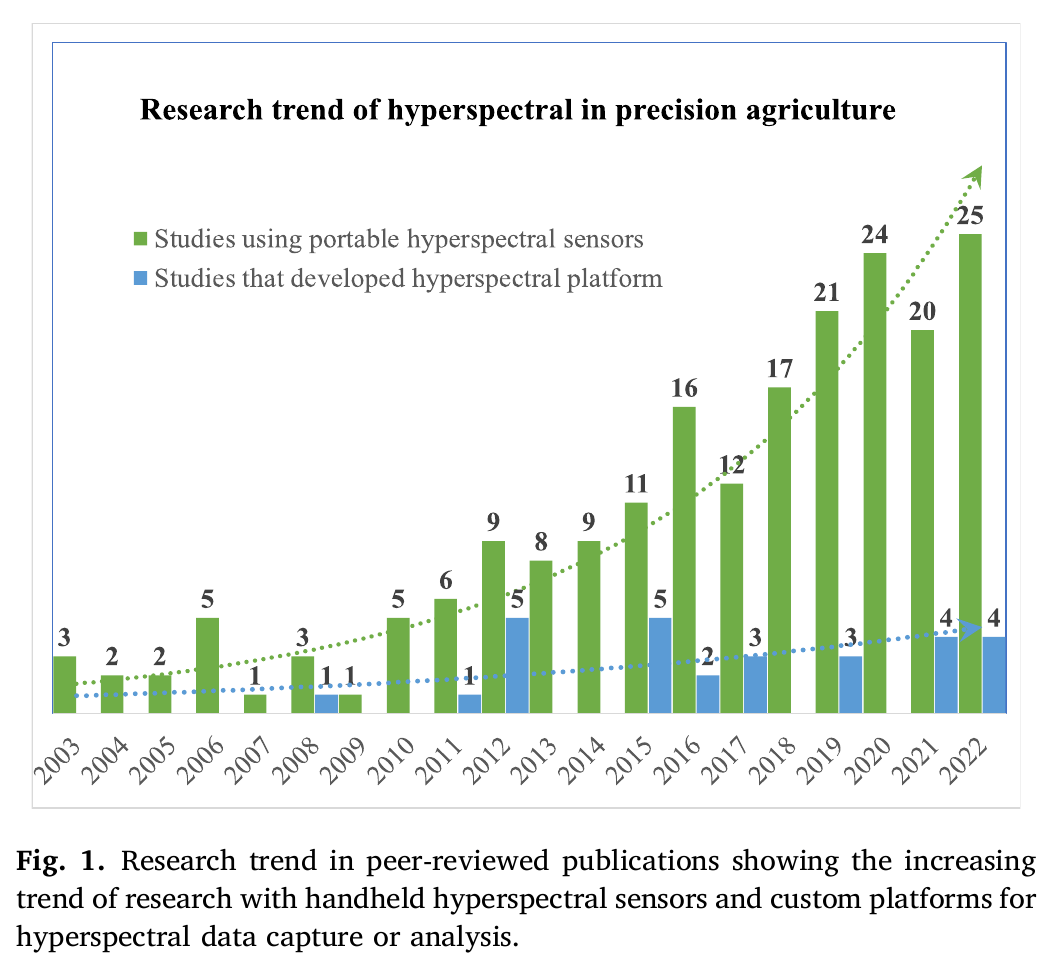
📅 2024
🧑 Billy G. Ram | Peter Oduor | C. Igathinathane | Kirk Howatt | Xin Sun
Hyperspectral imaging (HSI) is transforming precision agriculture by providing detailed spectral insights into crop health, nutrient levels, and disease detection. A recent systematic review analyzed 97 studies from the past two decades, highlighting both the potential and challenges of HSI for real-time applications.
The study emphasizes the need for efficient data processing techniques and real-time automation to bridge the gap between research and practical deployment.
For researchers and practitioners in precision agriculture, this review provides valuable insights into the current landscape of HSI and the innovations driving its future.
Related in AI, Agriculture and Earth Observation
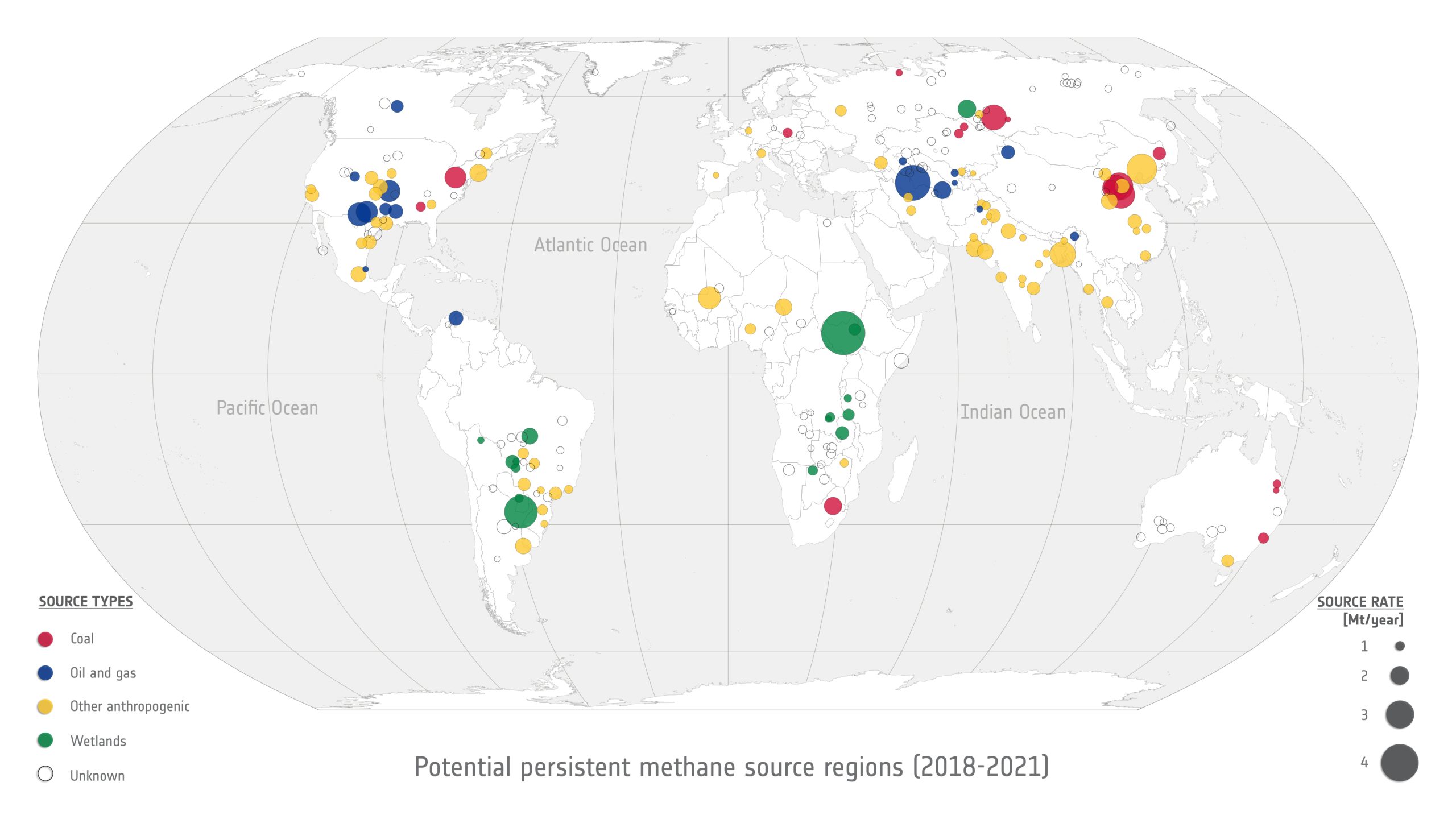
Potential persistent methane source regions (2018–2021) ©ESA Climate Change Initiative GHG Project
ESA: Top 10 persistent methane sources
“A list of the top 10 global regions where natural or anthropogenic sources emit methane on a continuous, ‘persistent’ basis was recently published in the Atmospheric Chemistry and Physics journal. The study analyzed data and measured emissions from hundreds of potential sources of methane based on satellite data. Data from the Copernicus Sentinel-5P mission was used to study and estimate methane emissions at 217 potential locations […]
The paper, published in Atmosphere, Chemistry and Physics, focused on sources that emit methane gradually over time, in contrast to ‘super-emitters’ – typically oil and gas operations, coal mines or poorly managed landfills – which release disproportionately large amounts of methane but not on a continuous basis.”
Revealed: glacier ice loss over two decades ©ESA/University of Zurich/Planetary Visions
ESA: Glacier melt intensifying freshwater loss and accelerating sea-level rise
“Ice melting from glaciers around the world is depleting regional freshwater resources and driving global sea levels to rise at ever-faster rates.
According to new findings, through an international effort involving 35 research teams, glaciers have been losing an average of 273 billion tonnes of ice per year since the year 2000 – but hidden within this average there has been an alarming increase over the last 10 years.”
Related Internships & Job Offers
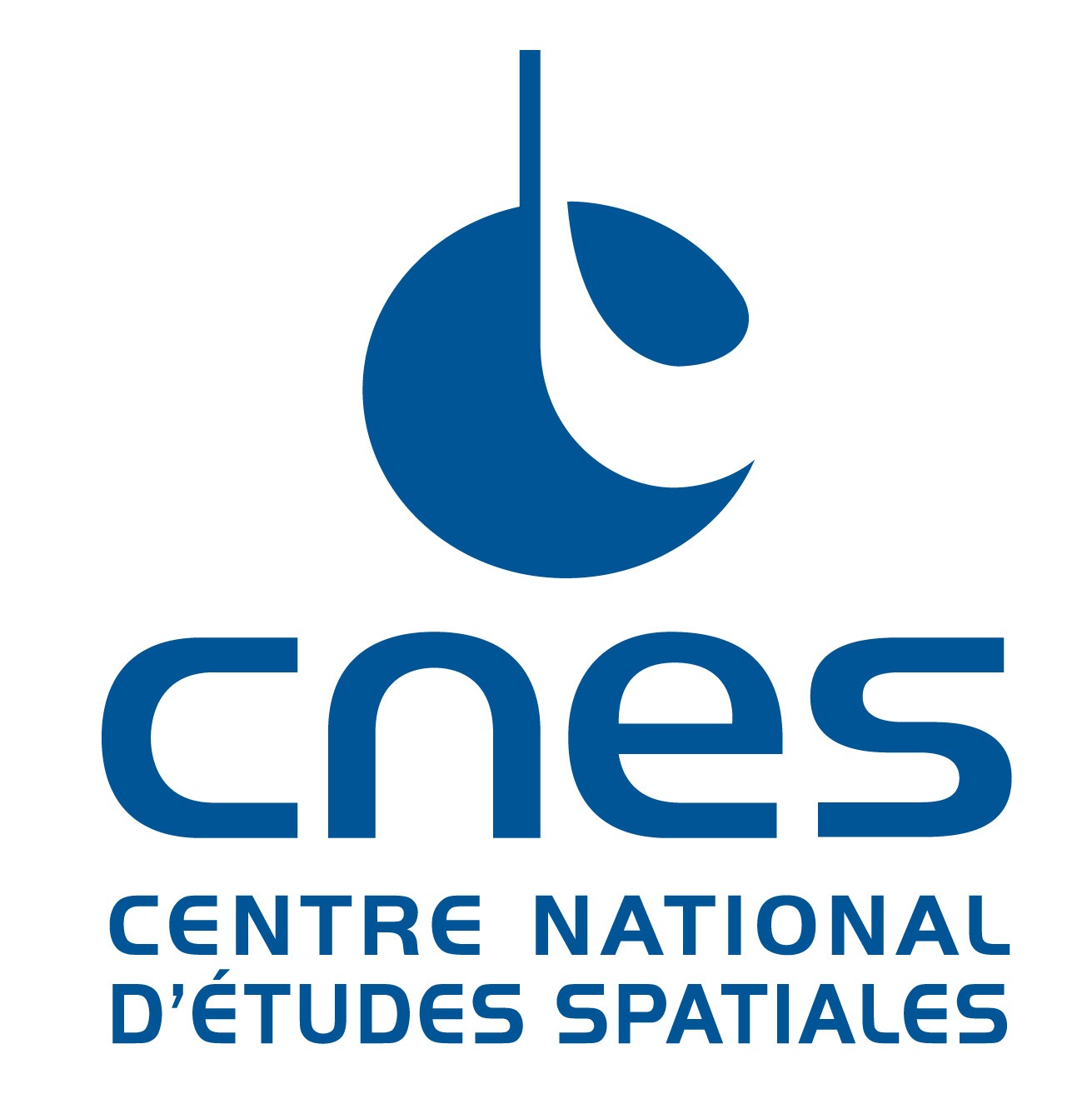
PhD thesis: Conditional generative models informed by physics for Earth observation
📍 CNES – Toulouse, France
📅 April 1, 2025 | 15 months
A PhD position is available within the RELEO project, which develops representation learning strategies for predicting Essential Climate Variables from multi-modal remote sensing data. The research will focus on conditional generative models, addressing challenges in multi-modality and uncertainty quantification.
The candidate will explore scalable generative models, investigate conditioning techniques for integrating multiple modalities, and evaluate model performance on applications such as land cover classification. The work will involve collaboration within the RELEO project and use existing remote sensing datasets, including Sentinel-1 and Sentinel-2.
The AI4AGRI project received funding from the European Union’s Horizon Europe research and innovation program under the grant agreement no. 101079136.
Publishing managers: J. Mothe & S. Molina, UT3 & UT2, IRIT, France



